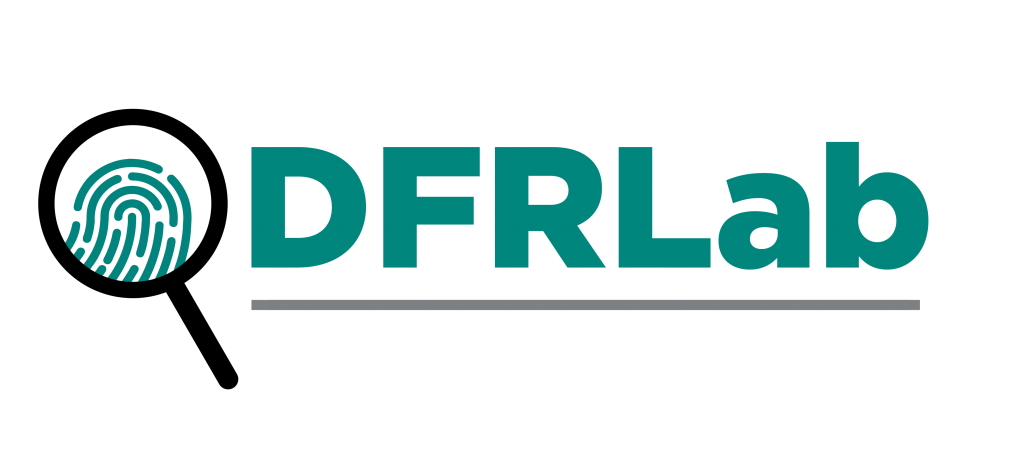Belarus anti-Lukashenka media falls into confirmation bias traps
Belarusian independent media outlet TUT.by and popular anti-Lukashenka Telegram channel NEXTA Live have occasionally spread misinformation that appeared credible at face value but turned out to be inaccurate. Such instances send a worrying signal that independent newsrooms in Belarus are sometimes sacrificing journalistic precision for speed, and are sharing important updates from the ground without additional verification. As a result, it has the potential to undermine trust in independent media and create a further split in the Belarusian information space in which neither side is providing true and verified information.
Independent journalists in Belarus suffer from ongoing detentions and prosecutions when covering anti-Lukashenka protests. It puts additional pressure on newsroom operations, as newsrooms need to deal not only with fewer staff, but also a large information flow submitted from Telegram users. Telegram has become the central platform for information-sharing amid the internet shutdown initiated by the government on the morning of the presidential elections on August 9, 2020. According to the final election results, Lukashenka received 80.1 percent of the vote to Sviatlana Tsikhanouskaya’s 10.1 percent. The lopsided vote count, public distrust in their veracity, and allegations of electoral fraud led to the ongoing protests around the country.
Learn more
RELATED experts

The Atlantic Council’s Digital Forensic Research Lab (DFRLab) has operationalized the study of disinformation by exposing falsehoods and fake news, documenting human rights abuses, and building digital resilience worldwide.
